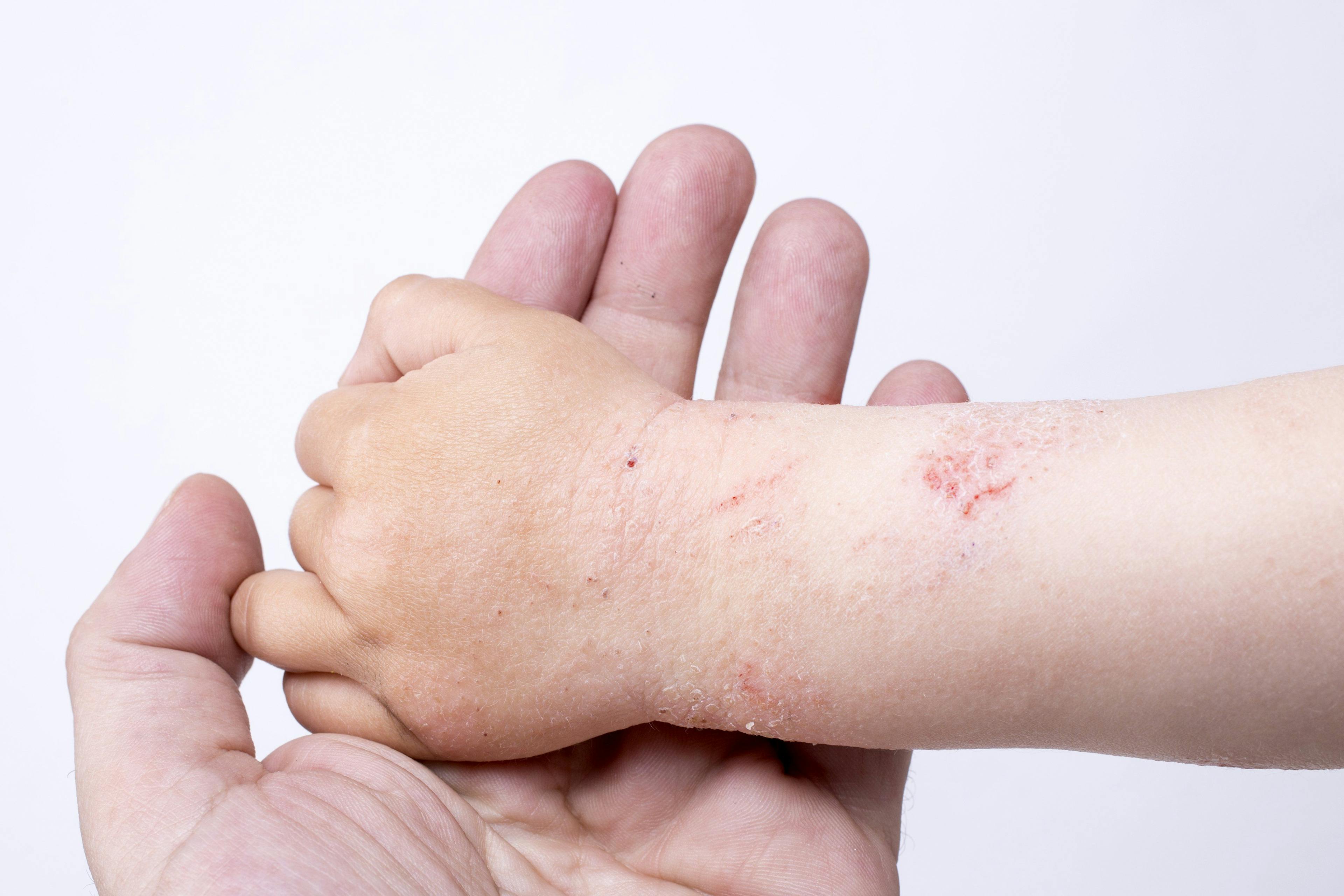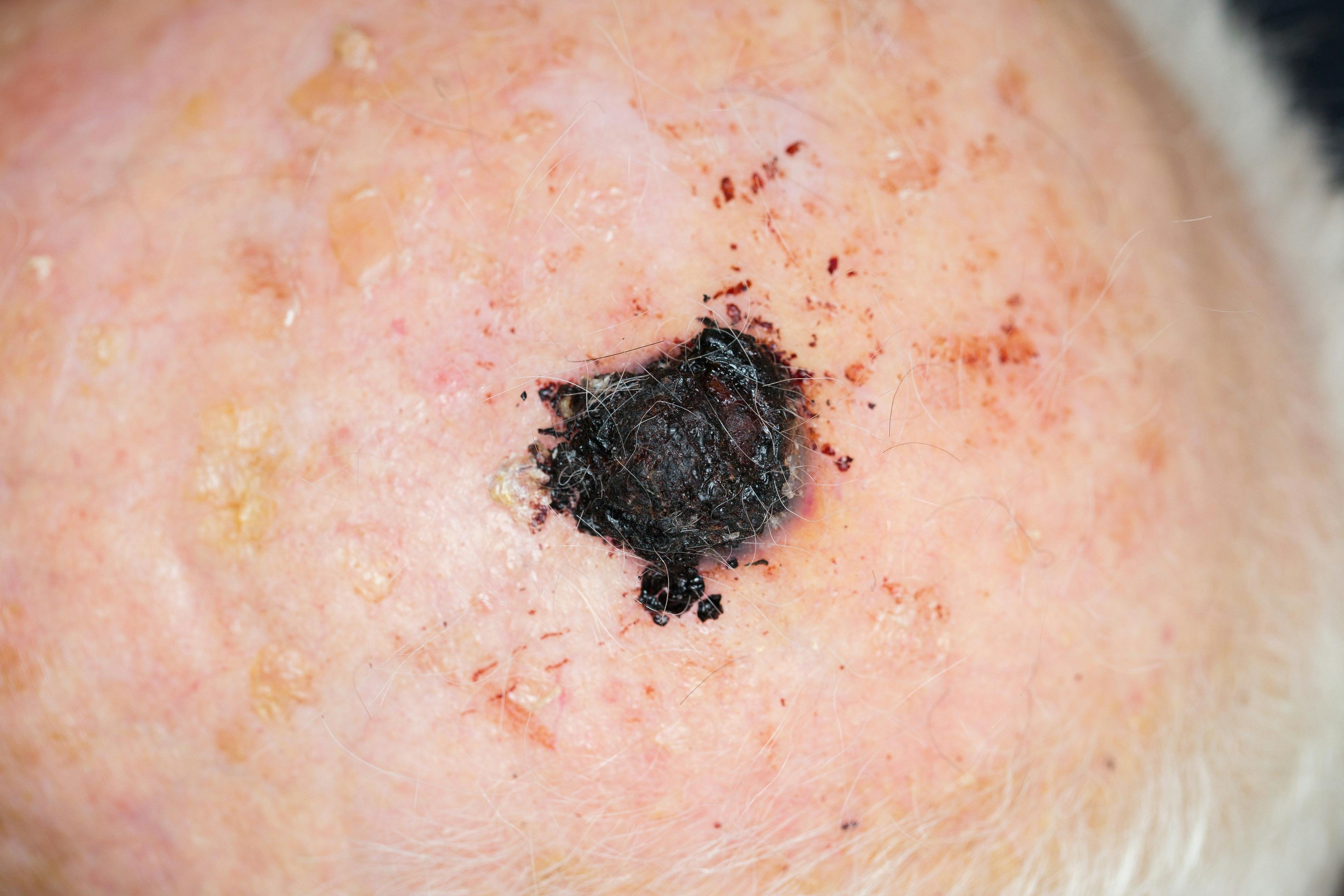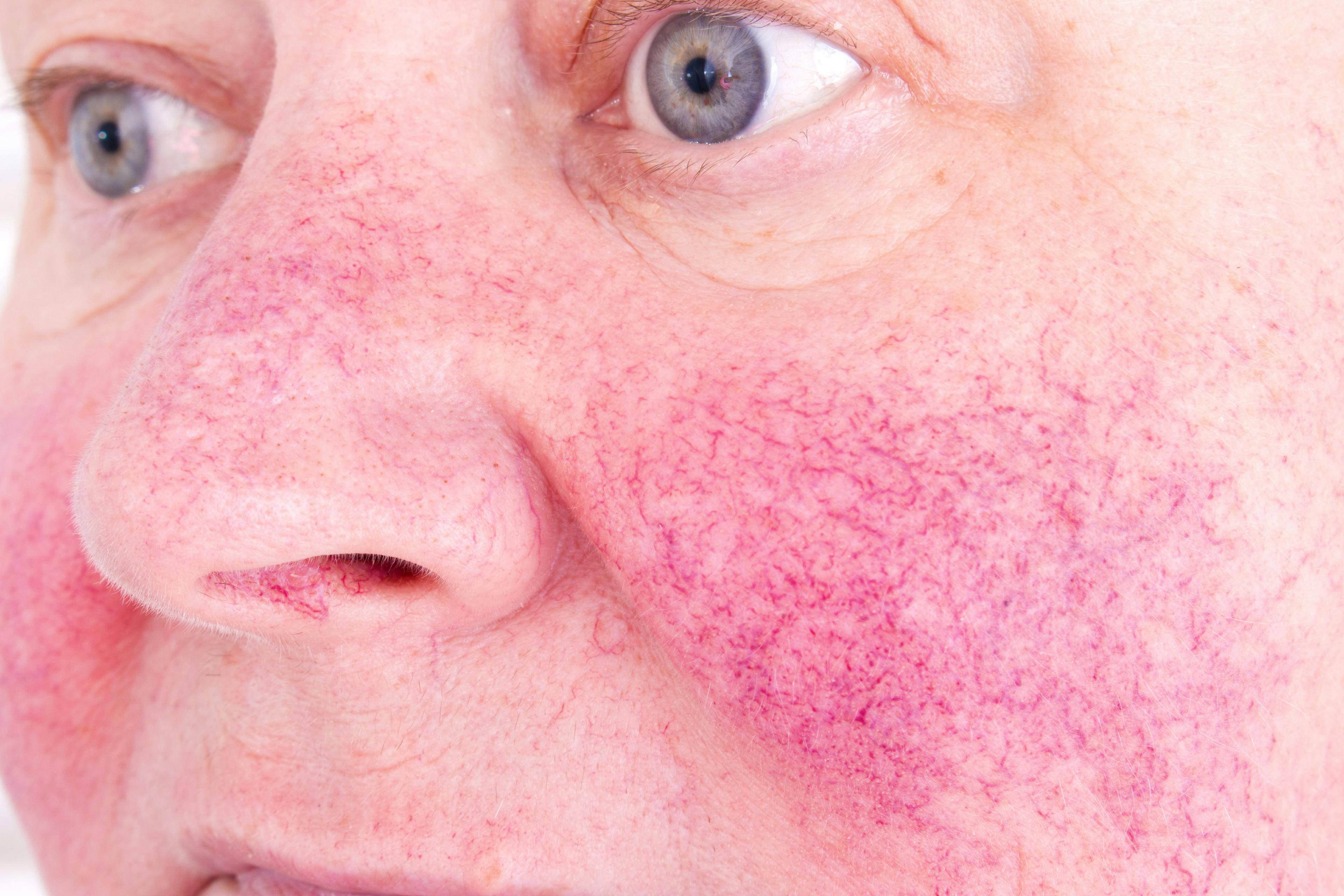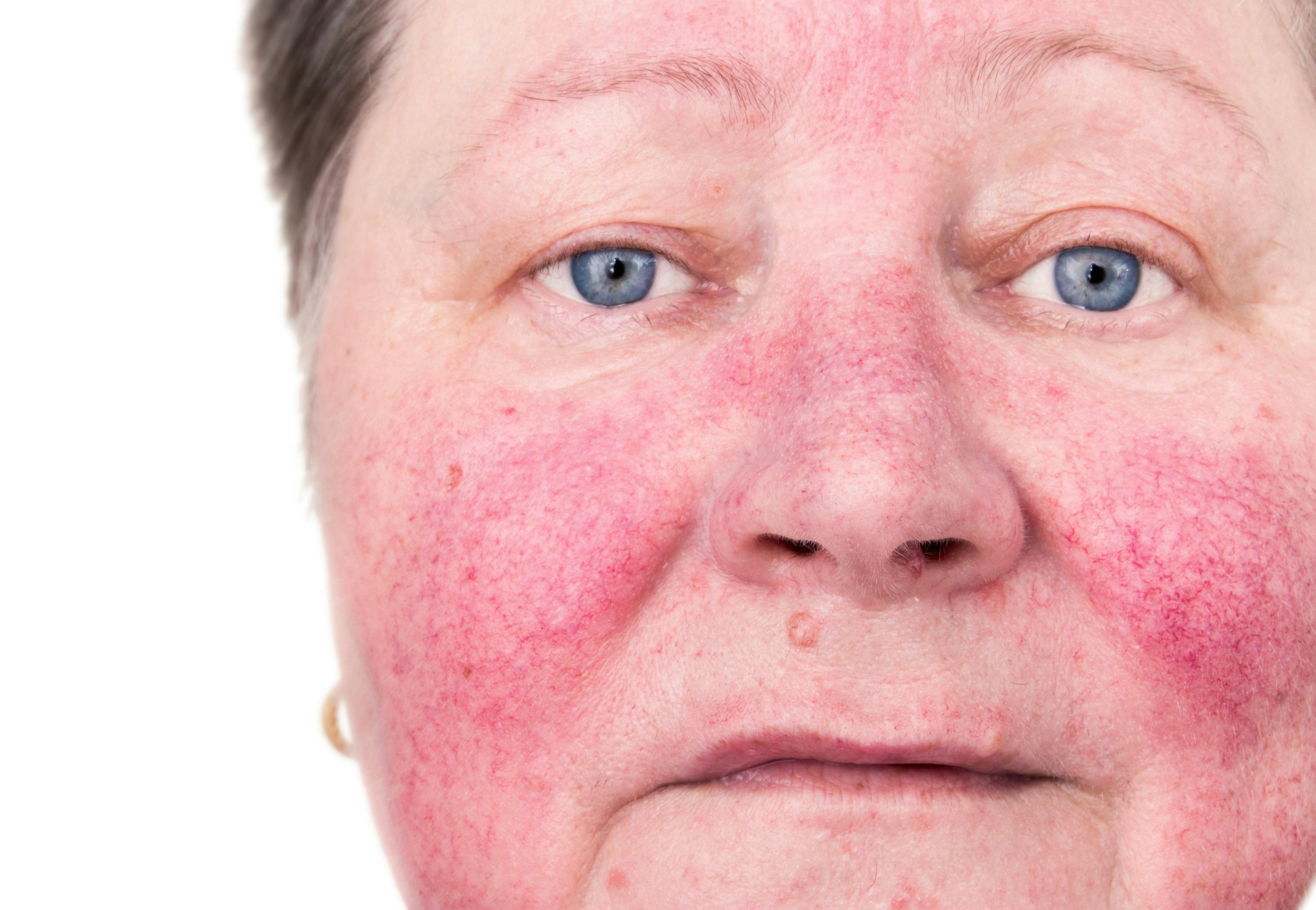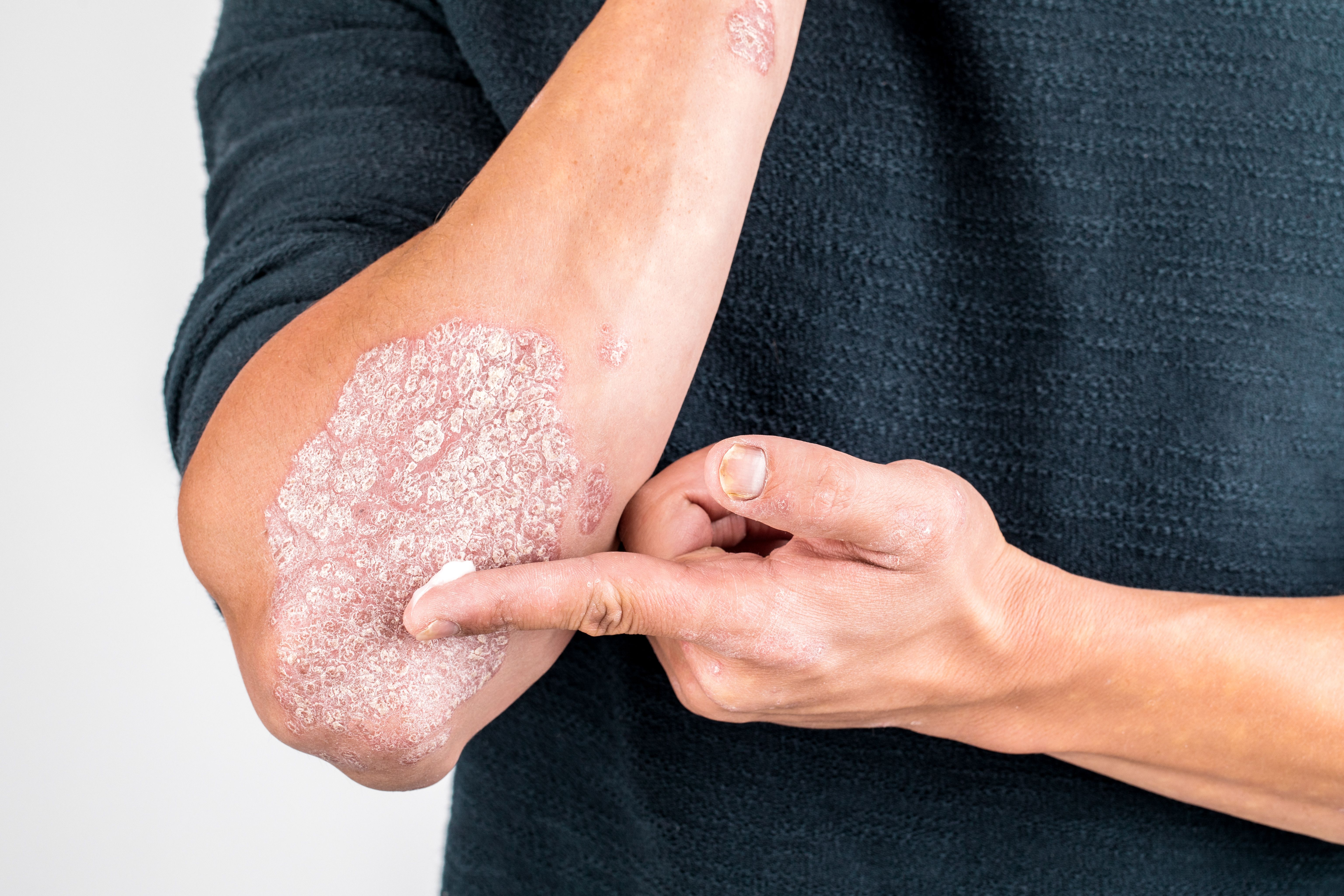- Acne
- Actinic Keratosis
- Aesthetics
- Alopecia
- Atopic Dermatitis
- Buy-and-Bill
- COVID-19
- Case-Based Roundtable
- Chronic Hand Eczema
- Chronic Spontaneous Urticaria
- Drug Watch
- Eczema
- General Dermatology
- Hidradenitis Suppurativa
- Melasma
- NP and PA
- Pediatric Dermatology
- Pigmentary Disorders
- Practice Management
- Precision Medicine and Biologics
- Prurigo Nodularis
- Psoriasis
- Psoriatic Arthritis
- Rare Disease
- Rosacea
- Skin Cancer
- Vitiligo
- Wound Care
Publication
Article
Dermatology Times
Early ustekinumab levels may influence psoriasis treatment response
Author(s):
Study shows measurement of early ustekinumab levels could be used to direct treatment strategy in psoriasis.
Monitoring drug levels may be a useful tactic for directing the therapeutic strategy in patients with psoriasis, according to a study published in the September issue of JAMA Dermatology.1
Monoclonal antibodies have shown great efficacy at treating psoriasis and, specifically,this recent study indicates that adequate and early treatment exposure to ustekinumab (Janssen Immunology), which targets IL-12 and IL-23, may positively inf luence clinical outcome. Researchers found a statistically significant association between early drug levels and six-month Psoriasis Area and Severity Index (PASI) 75 response in patients with psoriasis taking ustekinumab.
RELATED: Optimal levels of ustekinumab
Ustekinumab therapy is weight-based with patients >100 kg receiving 90 mg and patients <100 kg receiving 45 mg. It is postulated that treatment failure in patients may be related to sub-therapeutic dosing of this medication. In this study, Teresa Tsakok, M.A., MRCP, and colleagues from the St John's Institute of Dermatology in London examined the association between drug level and response on the same day the drug level was measured, as well as the association between early drug level and response at six months.
The authors invited all UK adults who fulfilled inclusion criteria for the Biomarkers of Systemic Treatment Outcomes in Psoriasis study, and who were enrolled in the British Association of Dermatologists Biologic and Immunomodulators Register to participate. Clinical response to ustekinumab was assessed longitudinally using PASI scoring. Blood samples were collected between June 2009 and December 2016 to measure levels of ustekinumab and anti-drug antibodies.
The primary endpoint of the study was achieving a PASI 75. The secondary outcomes included a PASI 90% reduction in PASI score from baseline, and a PASI score of 1.5 or less. The association of drug levels and treatment response was calculated using logistic regression models. The cohort analyzed was comprised of 491 subjects, which were mostly male.
In this cohort, 70% of the subjects achieved PASI 75 within a year of starting therapy. There was no clear association between drug level and treatment response. Drug levels were similar in responders and nonresponders with the exception of patients achieving PASI 75 at six months. These patients had higher drug levels on average compared with patients who did not achieve PASI 75.
READ MORE: Recent studies on ustekinumab
The key findings of this trial include:
- Early response to ustekinumab was correlated with elevated drug levels. This data may have clinical ramifications as we attempt to better treat patients with refractory disease. Should treatment be introduced with target drug levels to improve response rates?
- There were no antibodies to ustekinumab found in this cohort, which suggests that treatment failure to ustekinumab is not due to immunogenicity.
The take home message is that there may be an association between early drug levels and treatment response. Practically speaking, ustekinumab drug levels are not widely available; therefore, using serum ustekinumab as a treatment target in psoriasis is not possible. However, this study reinforces the importance of using the loading dose when initiating therapy.
While the authors found a statistically significant association between early drug levels and sixmonth PASI75 response, they noted their “statistical approach did not take into account patientlevel pharmacokinetic parameters such as volume of distribution and clearance, nor potential differences in evolution of PASI score over time vs changing drug levels.” Therefore, they wrote, new research should examine the whole course of response to ustekinumab over time.Â
References:
1. Tsakok T, Wilson N, Dand N, et al. Association of Serum Ustekinumab Levels With Clinical Response in Psoriasis. JAMA Dermatol. 2019;155(11):1235-43.

Newsletter
Like what you’re reading? Subscribe to Dermatology Times for weekly updates on therapies, innovations, and real-world practice tips.

